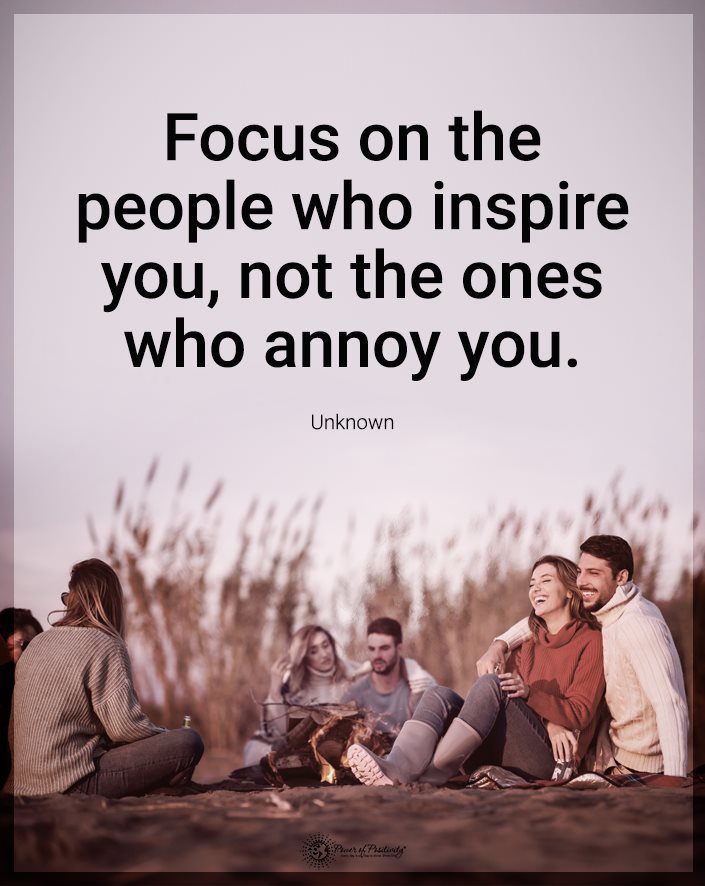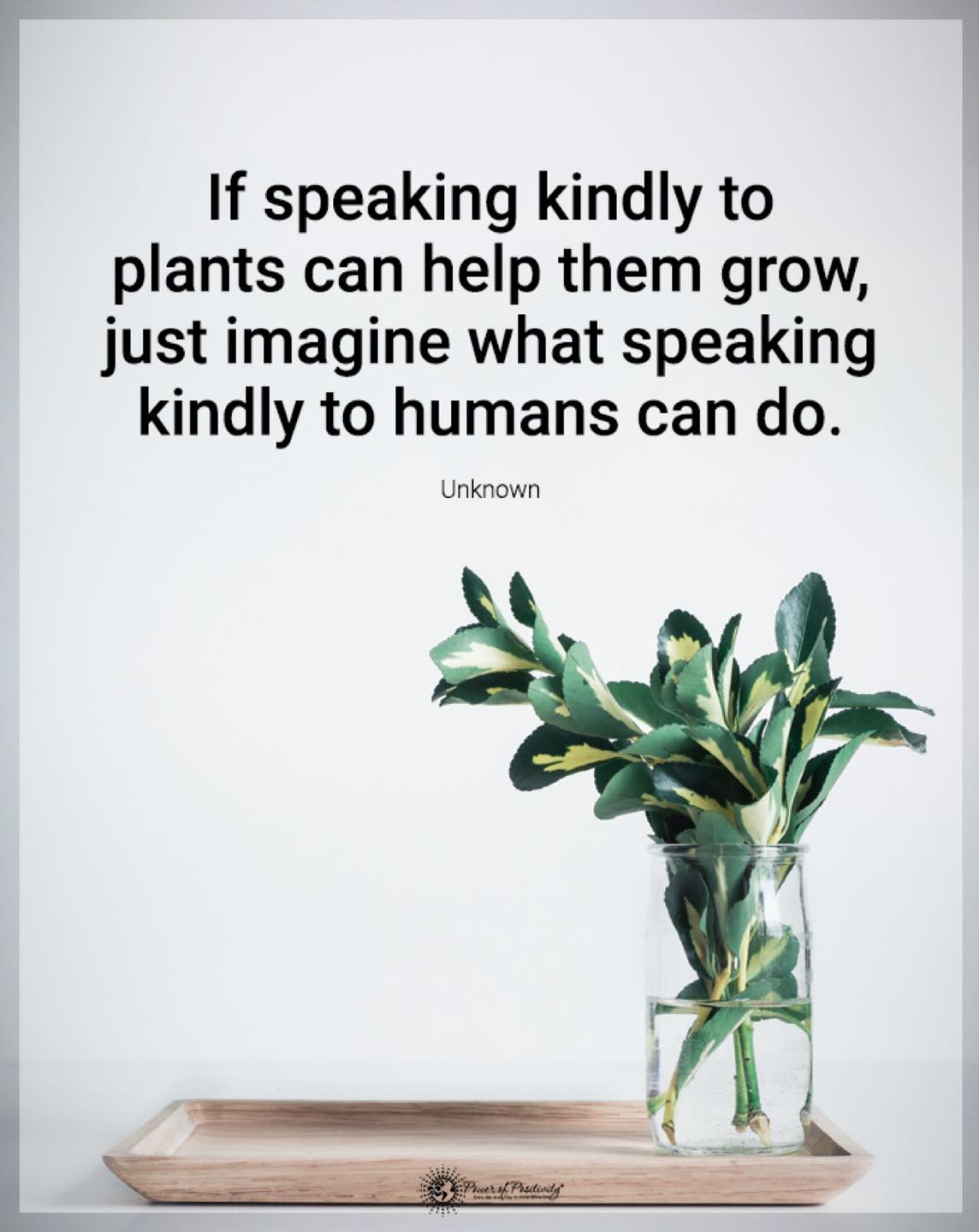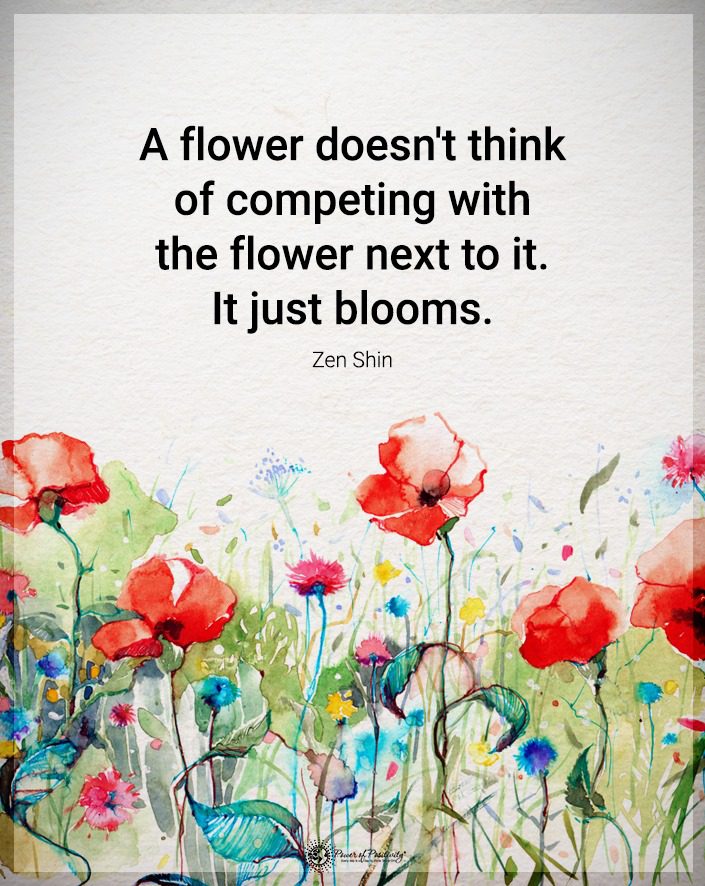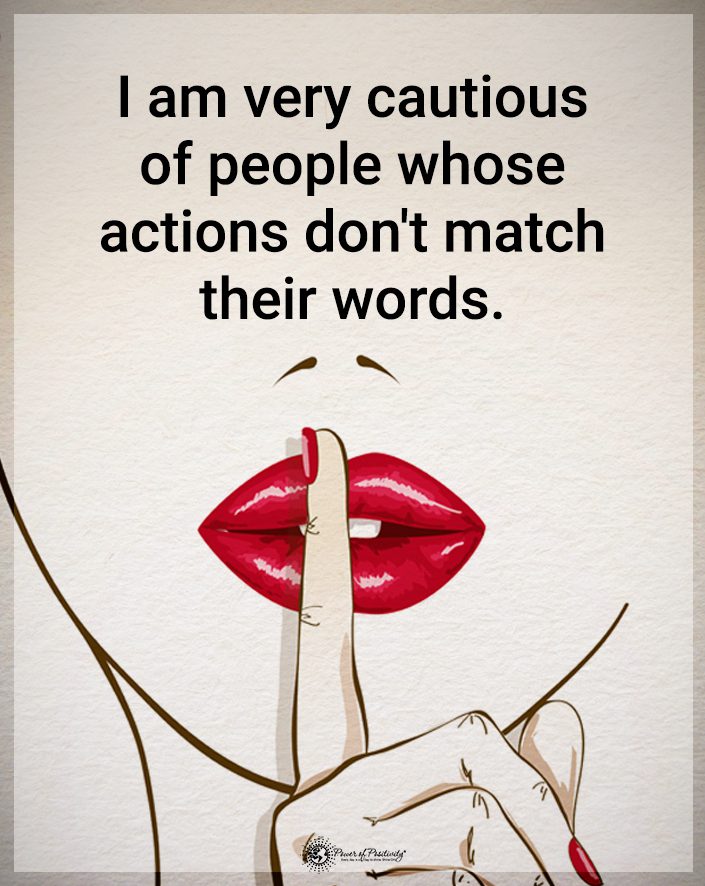Many times in life, other people try to squash our confidence and make us feel inadequate. However, no one can make us feel this way unless we let them, which means only our thoughts about ourselves matter. More often than not, we are underestimating ourselves! It is our own voices trying to manipulate us into thinking we somehow don’t measure up to the rest of society. If you can invest in yourself and change those voices in your head to make them more positive, you will notice a dramatic shift in how the rest of the world looks through your eyes. However, many people don’t know how to do this and stay in a frustrating cycle of living a life that’s less than what they deserve.
Here are five signs you’re underestimating yourself:
1. You have friends that bring you down.
Your friends, whether you like it or not, help to shape you as a person. If you hang around negative, unhealthy people with no direction in life, this behavior will start to rub off on you. Simply put, if you have friends who make you feel bad about yourself, you don’t value yourself. Don’t settle for friends who don’t respect you just so you won’t feel lonely; continue to work on you, and the right people will make their way into your life.
2. You always compare yourself to other people.
Comparison is such a toxic, energy-draining habit. Do you ever feel good after comparing yourself to someone else? Chances are, you feel pretty awful about yourself afterward. We can easily log onto Facebook, Twitter, Instagram, or other social media sites to get a glimpse into people’s lives 24/7. However, social media doesn’t usually portray an accurate picture of someone’s life. You don’t get to see the whole story, only bits and pieces. So, why feel jealous or compare yourself to people you don’t really know? Just focus on feeling good within yourself, and you won’t feel the need to compare yourself to others.
3. You let your friends and family dictate your opinions and feelings.
Most of the time, friends and family have our best interests at heart; however, sometimes, they cast their own opinions onto us, expecting us to feel the same as they do about certain things. You have a mind of your own, so use it. Speak up if you disagree with someone; having a different opinion than your peers or family members won’t kill you. This just means you are exercising your right to free expression and that you value yourself enough to stay true to your heart. Just because your parents raised you, doesn’t mean they always know what’s best for you. Make your own decisions, and trust your Higher Self to lead you down the right path.
4. You are underestimating yourself because you have low self-esteem.
If you allow the outside world to dictate how you see yourself, you will probably have low self-esteem. Advertisements all over the place tell us we need all these things to feel good about ourselves and reach a happy place in our lives when in reality, it comes from within. People will say something about you no matter what you do in life, so why let them control how you feel about yourself? No one can make you feel inferior unless you allow them, including yourself. You have no reason to feel bad about yourself; you have arrived on this planet for a purpose, and no one can fulfill it the same way you can.
You deserve to feel good about yourself because you matter. Don’t let anyone, even yourself, let you think that you don’t measure up. Life isn’t a race or a contest; it’s a journey, and you go at your own pace. Do what makes you feel happy, and take care of yourself. You will find that you have much more confidence in yourself by just doing these two simple things, and underestimating yourself will be a thing of the past.
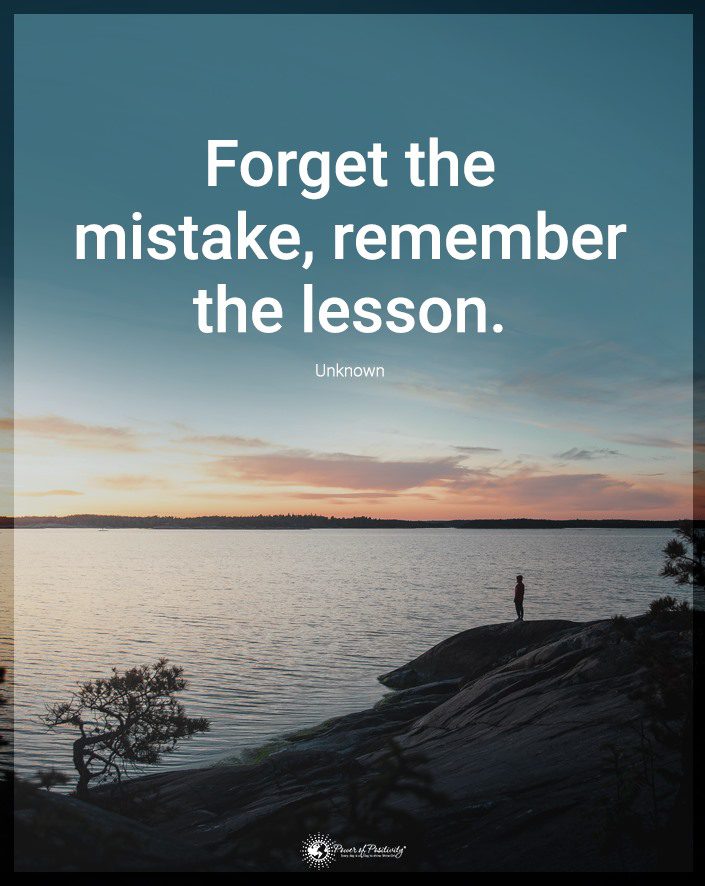
5. You settle a lot in life instead of striving for more.
Many people do this, unfortunately, in their jobs, schooling, personal lives, etc. If you settle in life instead of going for what you really want, you may have missed out on what could’ve been an amazing opportunity for yourself. Always aim high; if you miss, you can say you tried rather than staying safely on the sidelines, watching everyone else take a shot. You deserve to live life at your fullest potential, so don’t ever stop striving. Have big goals, and go after them. Settling for mediocrity just because following your dreams takes effort and courage is no excuse not to aspire for more in life.


